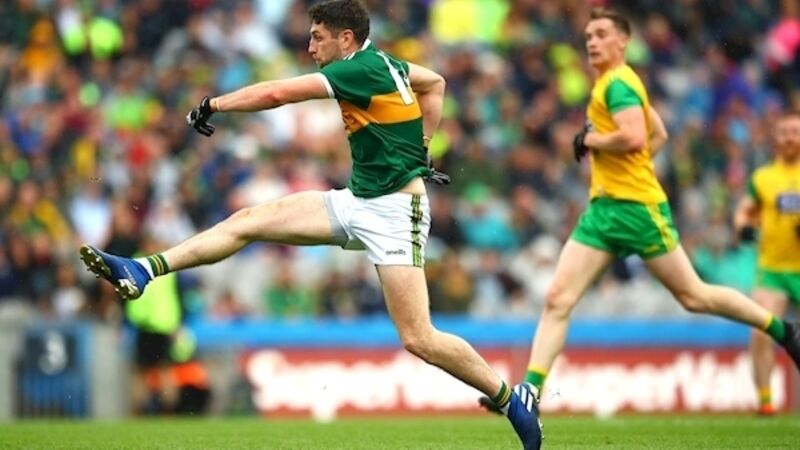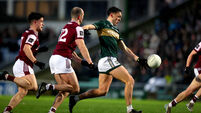Is it time to sanction counties who opt to name dummy teams?

When you are involved with coaching or managing a team at senior level in any sport, your chief concern is doing whatever you can to give your players an edge and a better chance of winning.
Think of the level of preparation that goes into inter-county GAA teams in this generation; the diet and nutrition, the strength and conditioning, the coaching, the lifestyle choices… ticking all the boxes to put yourself and your team into a winning position.












